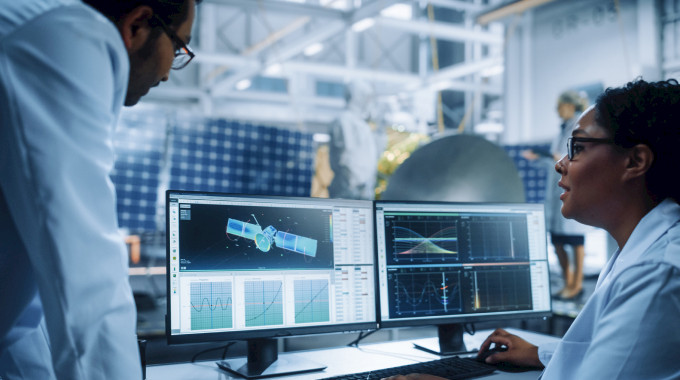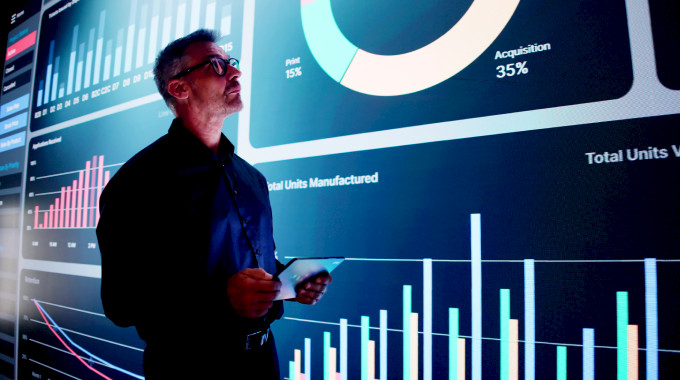Since the release of Open AI’s ChatGPT, companies including Microsoft and Salesforce have announced in recent weeks that they are integrating the chatbot’s artificial brain into products and services they offer their customers.
Among the latest companies to find commercial applications for ChatGPT are Stockholm, Sweden-based Klarna, the privately-held global bank, payments and shopping service and ThoughtSpot, a natural language software developer.
Klarna, whose last reported valuation was $6.7 billion as of July 2022, recently announced that it is set to go live with a “highly personalized and intuitive shopping experience” that provides curated product recommendations to users who ask the platform for shopping advice, along with links to shop those products via Klarna’s search and compare tool.
“Not sure what to buy your unicorn-loving niece for her birthday?,” the company wrote in a press release. “Just ask Klarna through ChatGPT and be presented with a selection of the very best unicorn-themed present ideas. Not quite right? Send your feedback straight to ChatGPT and watch the new recommendations roll in.”
And Mountain View, California-based ThoughtSpot, which was valued at $4.2 billion as of November 2021, announced the release of ThoughtSpot Sage, “our new search experience that combines the power of GPT’s natural language processing and generative AI capabilities with the accuracy and security of our patented self-service analytics platform.”
“With this new integration, data teams will be able to exponentially increase their impact across an organization as business users self-serve personalized, actionable, and trustworthy insights like never before.”
Meanwhile, artificial intelligence chip maker Cerebras recently announced that it released open source ChatGPT-like models for the research and business community to use for free in an effort to foster more collaboration. Reuters reported that Silicon Valley-based Cerebras, which was last valued at $4.16 billion in November 2021, released seven models all trained on its AI supercomputer called Andromeda.
FDA says that Eat Just’s lab-grown chicken is safe to eat
Meanwhile, the U.S. Food and Drug Administration announced two weeks ago that cultivated chicken made by Eat Just’s Good Meat subsidiary is safe to eat, making it the second company in the growing lab-meat industry to have cleared a key regulatory hurdle.
The Wall Street Journal reported that Eat Just is now the only company selling its lab-grown chicken to consumers—but that is just in Singapore, the only country so far to permit the sale to consumers of meat grown from animal cells. San Francisco-based Eat Just, which was founded in 2011, had a valuation of $1.22 billion as of August 2022.
In November, the FDA also gave approval to another California-based lab-grown food company Upside Foods, indicating that it considered its chicken filet safe to eat. Both Upside Foods and East Just will have to receive clearance from the U.S. Agriculture Department before selling their cultivated meat to consumers in the U.S.
Cultivated meat is grown from cells taken from an animal and encouraged to proliferate in vessels, where they are fed a mixture containing amino acids, sugars and other nutrients. The meat is later harvested and can be formed into various products, often in combination with other ingredients to help bind it together.
Supporters of the new lab-grown food industry, which includes more than 150 companies around the world, hope that it can replace at least a portion of animal agriculture, supplying protein without having to slaughter animals and with a smaller environmental impact.
NASA has picked Firefly Aerospace to put a lander on far side of moon
Also earlier this month, NASA announced that it selected Firefly Aerospace, a U.S. rocket maker, to put a landing device on the moon's far side in 2026, under a nearly $112 million contract.
NASA said that the commercial lander will deliver two agency payloads, as well as a communication and data relay satellite for lunar orbit, which is an ESA (European Space Agency) collaboration with NASA, according to an article in Reuters. Founded in 2017, Firefly Aerospace, based in Cedar Park, Texas, was given a valuation of $1.62 billion in February 2023.





